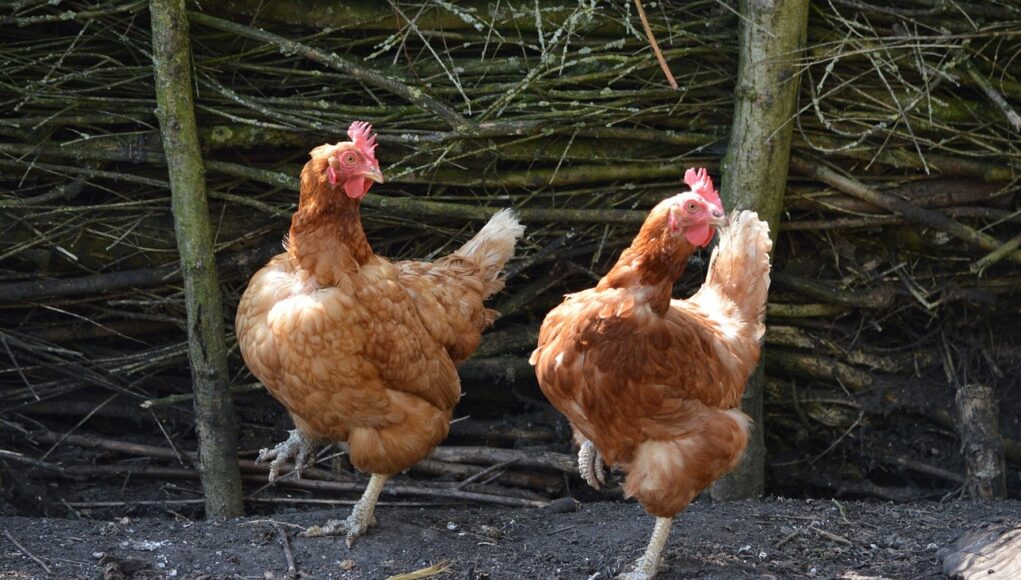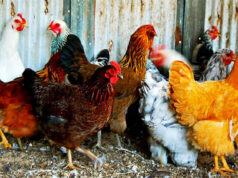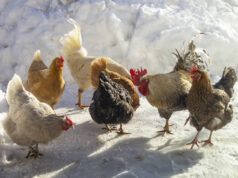When it comes to how to take care of chicken eggs, many poultry enthusiasts find the process incredibly rewarding. Understanding the essential steps from fertilization to hatching ensures that your chicken-raising experience is both productive and delightful.

Introduction to Chicken Egg Care
Caring for chicken eggs involves a combination of monitoring, proper handling, and providing the right environment. Whether you are working with a few eggs or running a large operation, following these important guidelines will increase your chances of hatching healthy chicks.
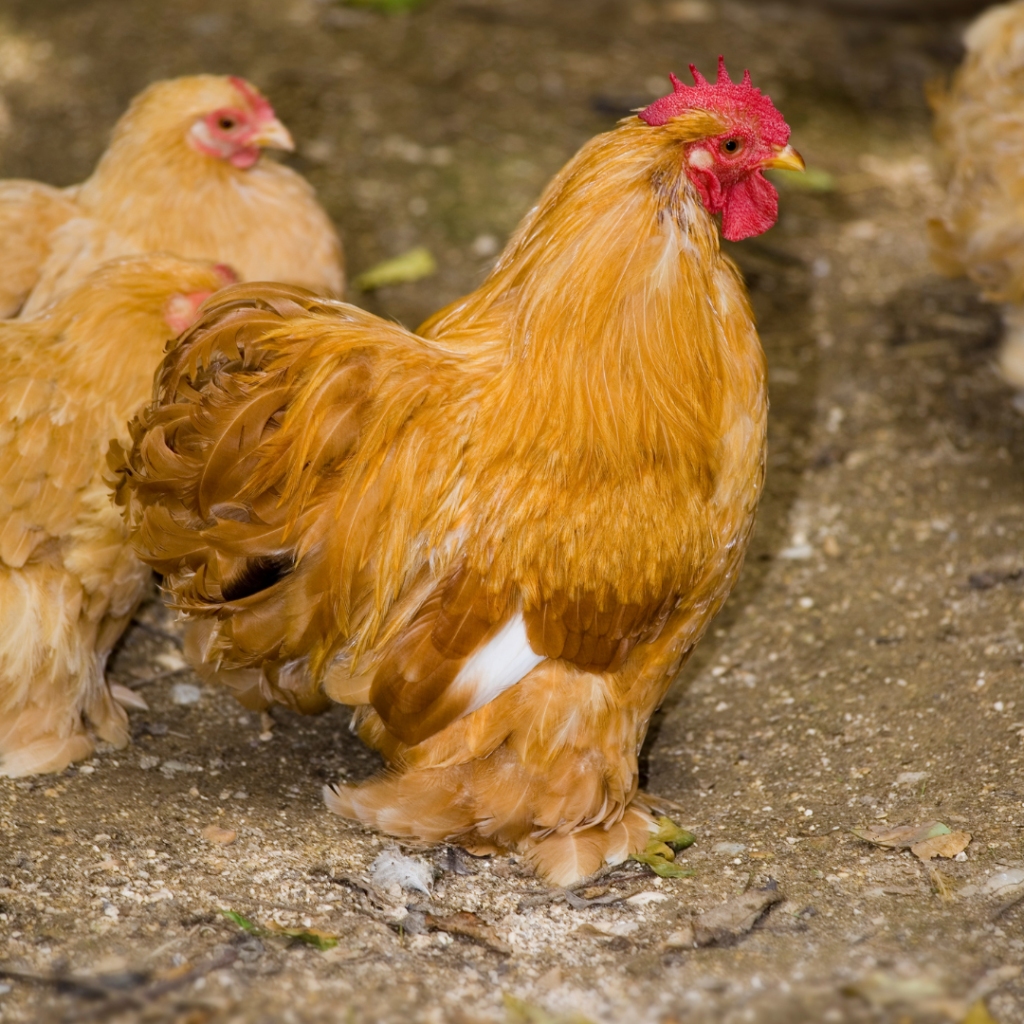
Understanding Fertilization
Before you can take care of chicken eggs, understanding the fertilization process is essential. Fertilization occurs when a rooster mates with a hen, and the sperm fertilizes an egg. Not all eggs are fertilized, so knowing how to identify fertilized eggs can be very helpful.
Identifying Fertilized Eggs
One way to check if an egg is fertilized is through a process called candling. This involves holding the egg in front of a bright light to look for signs of fertilization. You are likely to see a network of blood vessels if the egg is fertilized.
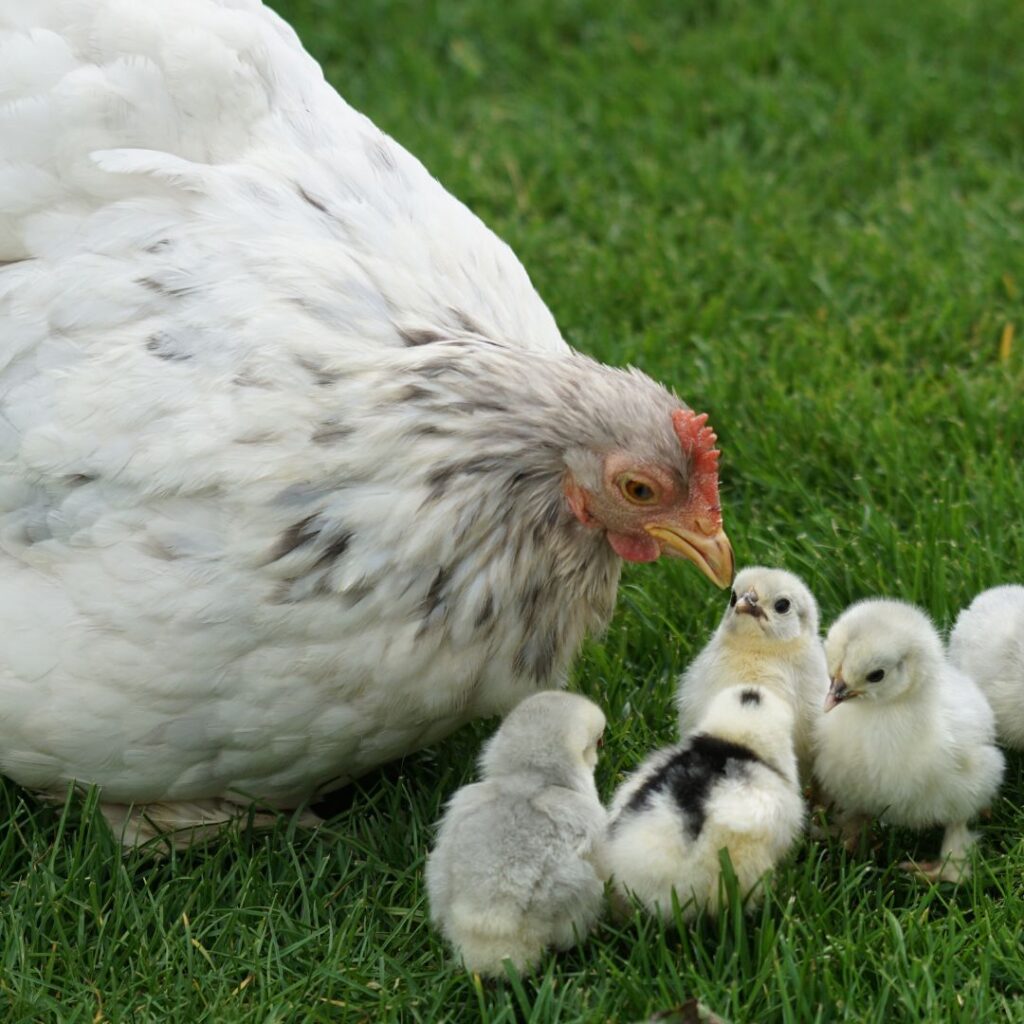
Proper Egg Collection
Once you have fertilized eggs, it’s time to collect them. Carefully gathering eggs is crucial to avoid damaging them. Always use clean hands and a gentle touch to place the eggs in a padded container.
Optimal Storage Conditions
Storing the eggs in the right environment is key to their viability. Keep the eggs at a temperature between 50-60F (10-16C), and ensure a humidity level of about 75%. Turning the eggs at least three times a day can help maintain their viability.

The Incubation Process
Incubation is a critical phase in taking care of chicken eggs. You’ll need a reliable incubator, which will provide the necessary warmth and humidity for the eggs to develop. Set the incubator to a temperature of 99.5F (37.5C) and a humidity level of around 50-55%.
Choosing the Right Incubator
Selecting the right incubator can make a big difference. Whether you choose a still-air incubator or a forced-air incubator, ensure it is well-maintained and functioning correctly. You can find various models of incubators on platforms such as Tractor Supply.
Monitoring Temperature and Humidity
Maintain the temperature and humidity levels within the incubator by using reliable thermometers and hygrometers. Frequent monitoring helps prevent any deviations that might jeopardize the eggs’ development.
Turning the Eggs
Manually or automatically turning the eggs at least three times daily is essential to ensure even heat distribution. This prevents the yolk from sticking to one side, increasing the chances of successful hatching.
Checking for Viability
After about a week of incubation, candle the eggs to check for signs of development. Look for blood vessels and movement within the egg. Remove any non-viable eggs to prevent contamination.
Preparing for Hatching
The final days of incubation require increased humidity levels, around 65-70%, to assist the chicks in hatching. Reduce handling of the eggs during this critical phase to avoid disrupting the hatching process.
Setting Up the Brooder
Prepare a brooder where the chicks will live after hatching. The brooder should be a warm, safe environment with a heat source, bedding, and access to food and water.
The Hatching Process
As the hatching day approaches, you’ll begin to hear chirping and see the chicks pipping at the shell. Allow the chicks to emerge naturally without assistance unless absolutely necessary.
Post-Hatch Care
Once the chicks have hatched, move them to the prepared brooder. Monitor their health, provide chick starter feed, and ensure they have access to clean water. Maintain a temperature of about 95F (35C) for the first week, gradually reducing it by 5F each week.
Monitoring Chick Health
Keep a close eye on the chicks for any health issues such as pasty butt or respiratory problems. Isolate any sick chicks to prevent the spread of disease.
Common Challenges and Solutions
Caring for chicken eggs and chicks can come with challenges, including temperature fluctuations, humidity control, and disease prevention. Being well-informed and prepared can help you navigate these hurdles effectively.
Learn more about potential issues on this webpage about Chicken Disease Symptoms.
Temperature Fluctuations
Maintaining stable temperature and humidity levels is pivotal. Invest in a reliable incubator and keep it in a temperature-controlled room to avoid huge fluctuations.
Preventing Disease
Proper hygiene, quarantine measures, and regular health checks go a long way in preventing disease outbreaks. Heres a helpful link on Chicken Respiratory Diseases.
Use of Technology in Egg Care
Modern technology offers tremendous tools to aid in egg incubation and chick care. From advanced incubators to digital monitoring systems, leveraging technology can enhance your egg-hatching success rate. Learn about optimizing your poultry care with technology on Marek’s Disease.
Advanced Incubators
Using incubators with automated features like temperature and humidity regulation ensures a controlled environment crucial for hatching success.
Digital Monitoring
Apps and digital tools allow you to monitor incubators remotely, ensuring you can adjust settings as needed from anywhere.
Conclusion
Taking care of chicken eggs requires attention to detail, from identifying fertilized eggs to proper incubation techniques and post-hatch care. By following these guidelines, you’ll be well on your way to successfully hatching healthy chicks, enjoying the tremendous rewards of chicken-raising.
FAQs
What temperature should chicken eggs be incubated at?
The ideal temperature for incubating chicken eggs is 99.5F (37.5C).
How often should I turn the eggs?
Eggs should be turned at least three times a day to ensure even heat distribution.
What do I do if an egg doesn’t hatch?
If an egg doesn’t hatch, it may not have been viable. Perform candling to check development stages and discard non-viable eggs.
Visit Tractor Supply for more information about egg incubation and chicken care.
As an Amazon Associate, I earn from qualifying purchases.
